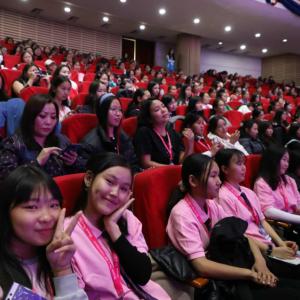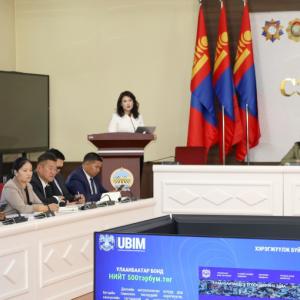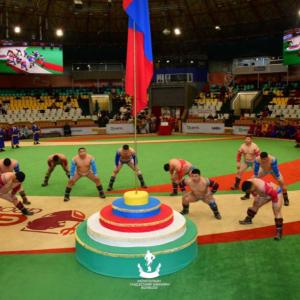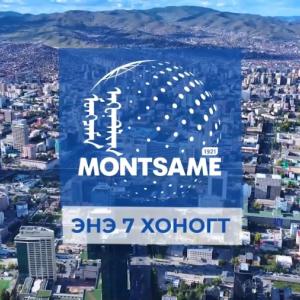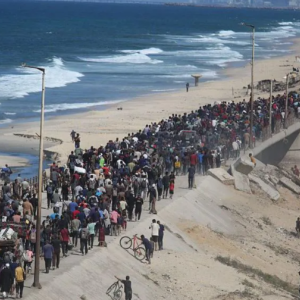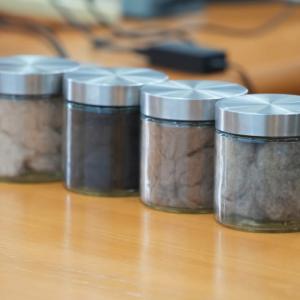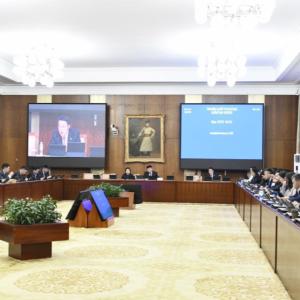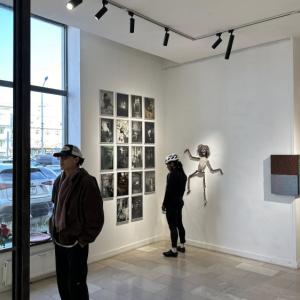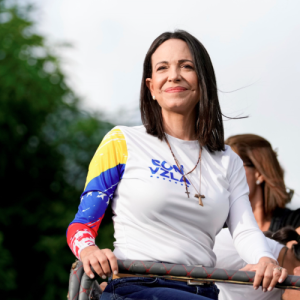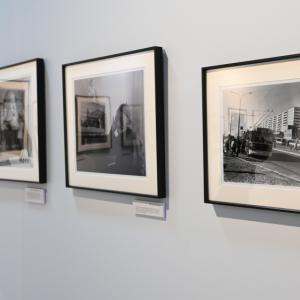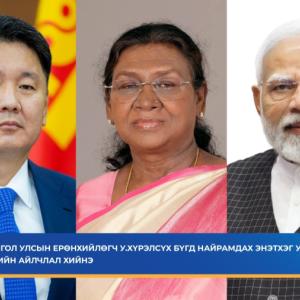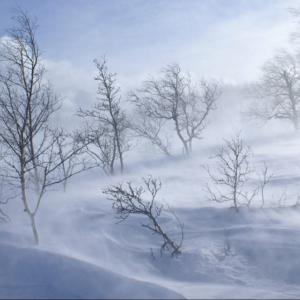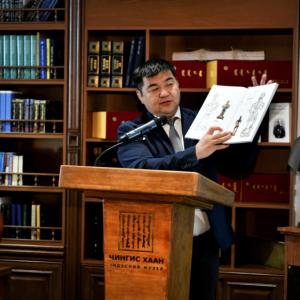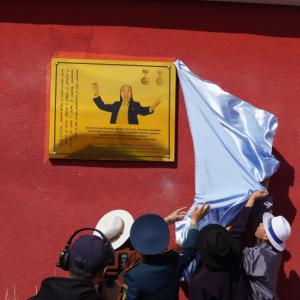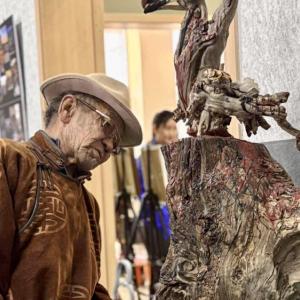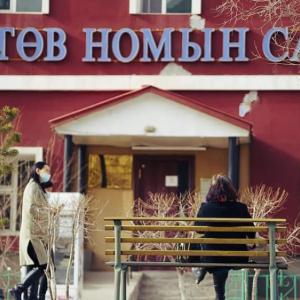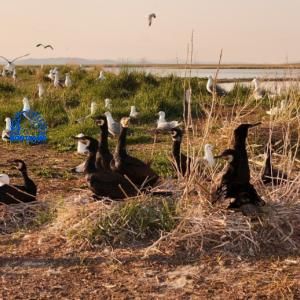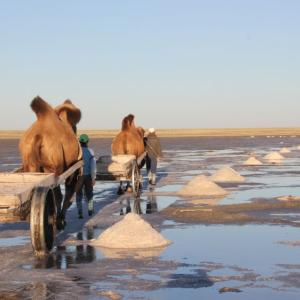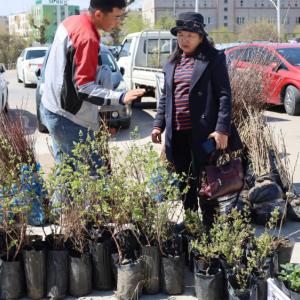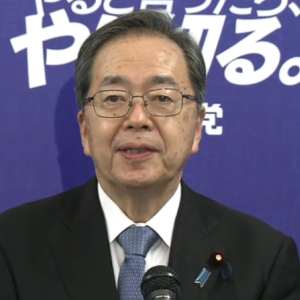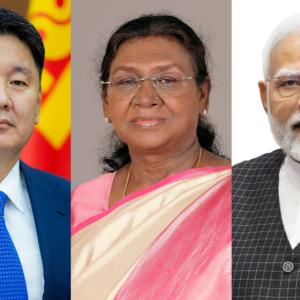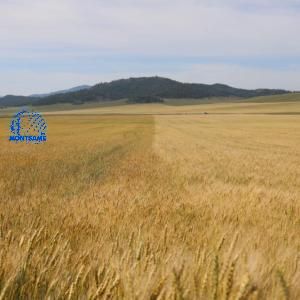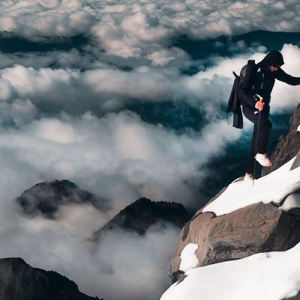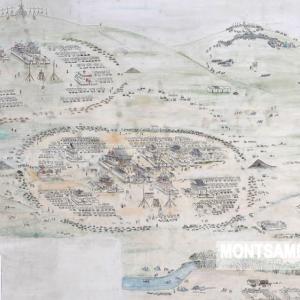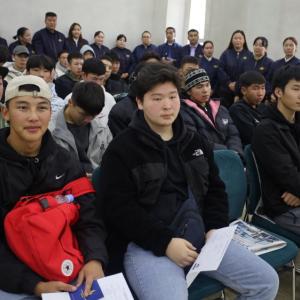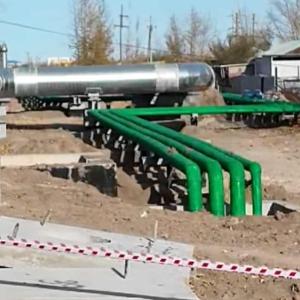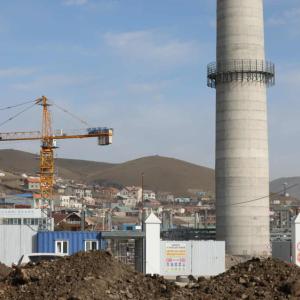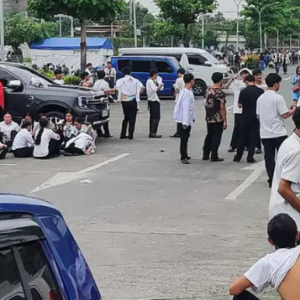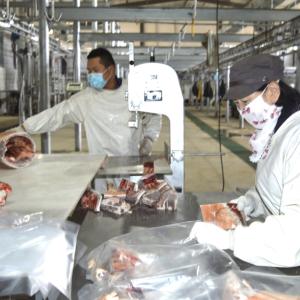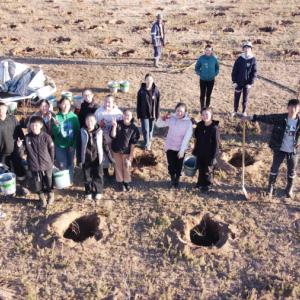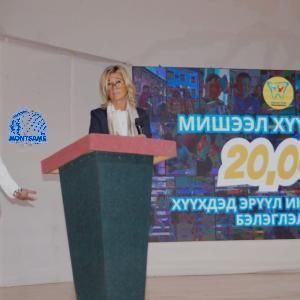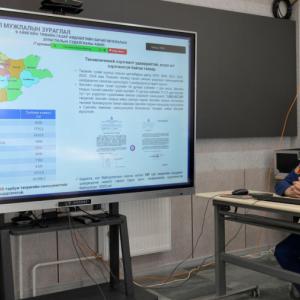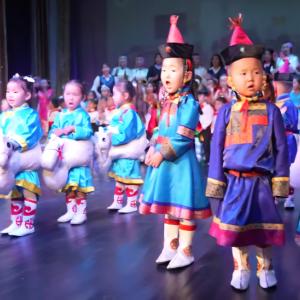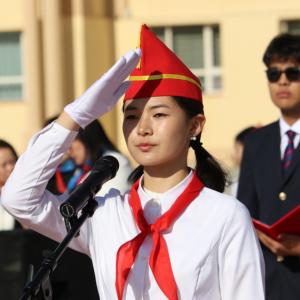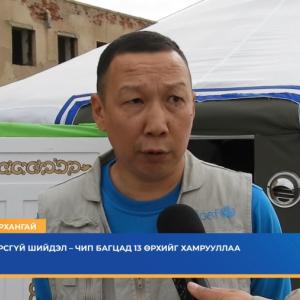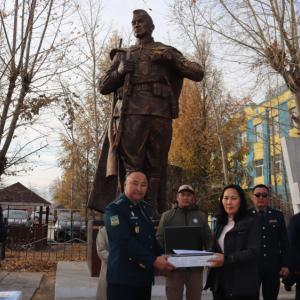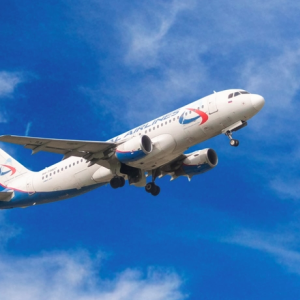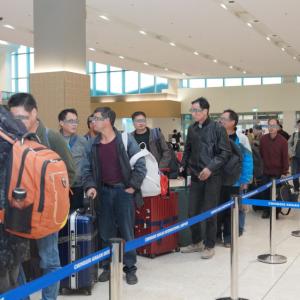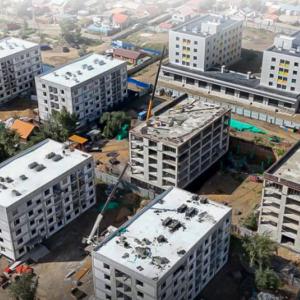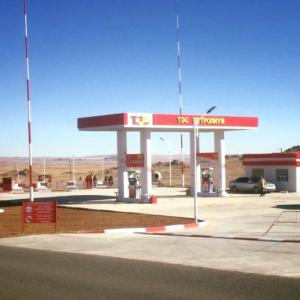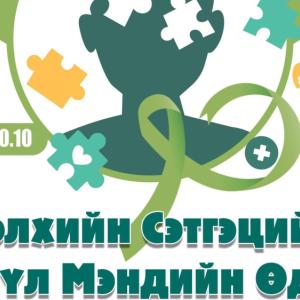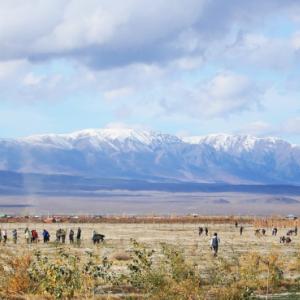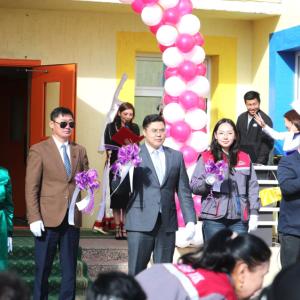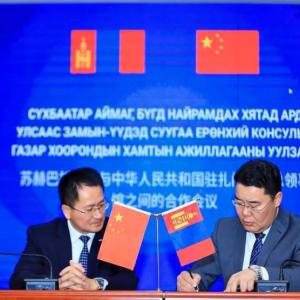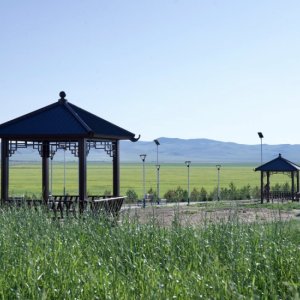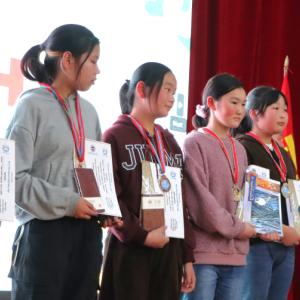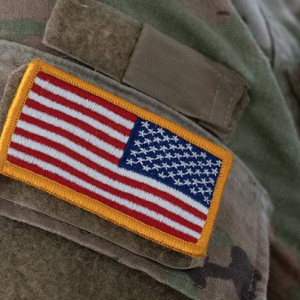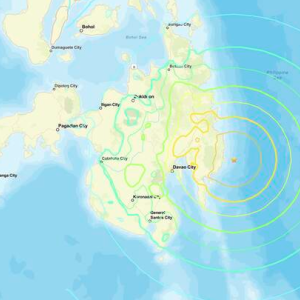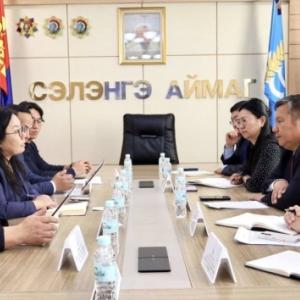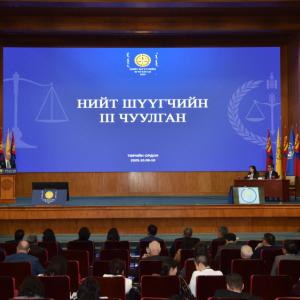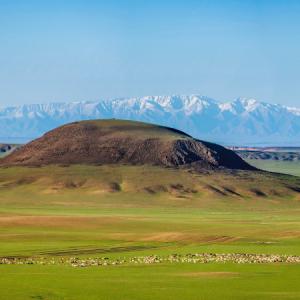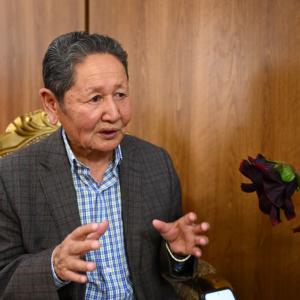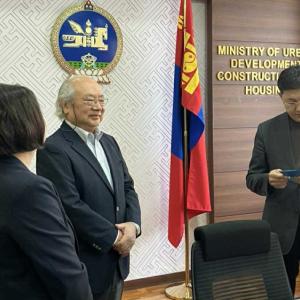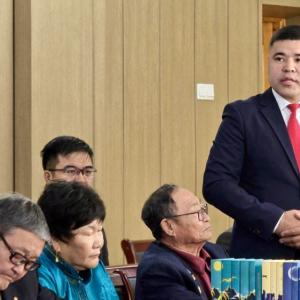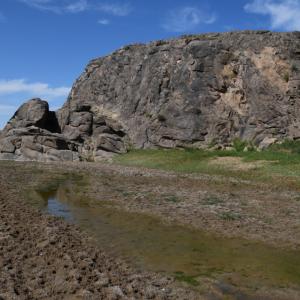Authorities urge for better climbing regulations
Society
Ulaanbaatar /MONTSAME/ In the aftermath of a climbing accident on Otgontenger Mountain, which resulted in the loss of 17 lives, a consultative meeting on mountaineering sport was held in the State House on October 30.
Organized at the initiative of Deputy Prime Minister U.Enkhtuvshin, the meeting aimed to discuss lessons to learn from the tragegy, measures to be taken in order to prevent accidents and coordinate collective efforts.
The consultative meeting was attended by Deputy Prime Minister U.Enkhtuvshin, Education Minister Ts.Tsogzolmaa, Environment Minister N.Tserenbat, National Emergency Management Agency Director T.Badral and representatives of the State Emergency Commission, the General Agency for Specialized Inspection, Agency for Standardization and Metrology, Mongolian National Climbing Federation and more than 20 mountaineering associations and clubs. Professional mountaineers G.Usukhbayar, B.Gangaamaa and B.Tseveendash were present as well.
The attendees also exchanged their views on mountaineering permission procedure, distinction between professional and amateur mountaineers, which peaks professional mountaineers should be permitted to climb, medical examination of mountaineers and legal responsibilities and monitoring organizations.
“Mountaineering sport essentially involves a huge risk and immense responsibility. We need to work with the Ministry of Education, Culture, Science and Sport,” said B.Tulga, President of Mongolian National Climbing Federation.
“There is a need to formulate a procedure to regulate climbing activities, issue permits to mountaineering clubs, provide insurance and increase accountability. We need to enhance the monitoring of climbing activities by professional and local bodies, and issue equipment and tools to provinces with high mountains,” said Deputy Prime Minister U.Enkhtuvshin.
“It is important to develop mountaineering sport, instead of banning high peaks. A rescue team can be stationed at the downhill of tall mountains. There should be assigned guides to issue instructions,” said Altankhuyag, Head of ‘Towards the Peak’ club.
The Deputy Prime Minister also touched upon a decision adopted by the Cabinet during its regular meeting. The Cabinet assigned Education and Environment Ministers to frame and enforce a procedure on regulation of climbing activities.
Organized at the initiative of Deputy Prime Minister U.Enkhtuvshin, the meeting aimed to discuss lessons to learn from the tragegy, measures to be taken in order to prevent accidents and coordinate collective efforts.
The consultative meeting was attended by Deputy Prime Minister U.Enkhtuvshin, Education Minister Ts.Tsogzolmaa, Environment Minister N.Tserenbat, National Emergency Management Agency Director T.Badral and representatives of the State Emergency Commission, the General Agency for Specialized Inspection, Agency for Standardization and Metrology, Mongolian National Climbing Federation and more than 20 mountaineering associations and clubs. Professional mountaineers G.Usukhbayar, B.Gangaamaa and B.Tseveendash were present as well.
The attendees also exchanged their views on mountaineering permission procedure, distinction between professional and amateur mountaineers, which peaks professional mountaineers should be permitted to climb, medical examination of mountaineers and legal responsibilities and monitoring organizations.
“Mountaineering sport essentially involves a huge risk and immense responsibility. We need to work with the Ministry of Education, Culture, Science and Sport,” said B.Tulga, President of Mongolian National Climbing Federation.
“There is a need to formulate a procedure to regulate climbing activities, issue permits to mountaineering clubs, provide insurance and increase accountability. We need to enhance the monitoring of climbing activities by professional and local bodies, and issue equipment and tools to provinces with high mountains,” said Deputy Prime Minister U.Enkhtuvshin.
“It is important to develop mountaineering sport, instead of banning high peaks. A rescue team can be stationed at the downhill of tall mountains. There should be assigned guides to issue instructions,” said Altankhuyag, Head of ‘Towards the Peak’ club.
The Deputy Prime Minister also touched upon a decision adopted by the Cabinet during its regular meeting. The Cabinet assigned Education and Environment Ministers to frame and enforce a procedure on regulation of climbing activities.
Kh.Aminaa
 Улаанбаатар
Улаанбаатар












